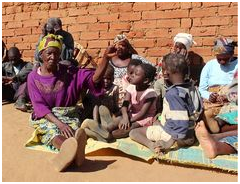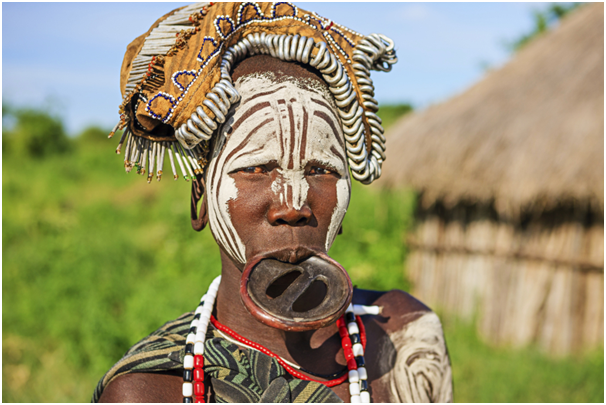
Story Telling
Ben Okri, Novelist

Did you know that community-centred storytelling plays a vital role in addressing injustice? At AU Watch we embrace the power of innovation and technology in the movement for social and economic justice. Partnering with local multimedia producers and journalists we document and disseminate human rights stories.
Contact us to find out how we can help you make an impact through exceptional storytelling and targeted communications strategies.
Human Interest Stories

We are especially interested in human interest stories. What are human interest stories?
In journalism, a human-interest story is a feature story that discusses a person, or people, or a pet in an emotional way. It presents people and their problems, concerns, or achievements in a way that brings about interest, sympathy or motivation in the reader or viewer. A human-interest story puts people at the heart of the events. Doing this brings a two-fold benefit. It gives the reader someone to relate to and taps into our natural curiosity in the lives of others.
 Excluded and Minority Groups. We are especially interested in hearing from excluded and minority groups. Many African states are of the view that the minority ‘problem’ is essentially European and are reluctant to admit that Africa is not immune to ethnic or even minority concerns.At the same time, many indigenous minorities, ethnic groups, communities, peoples and ethnic minorities living in Africa are suffering from the lack of attention certain African states give to their rights and therefore their concerns. In the multinational construct that is Africa, there are many more ‘peoples’, described as minority groups or ethnic groups, than there are states. However, in their efforts towards nation building, the independent African states disavowed cultural diversity as divisive, and unity was postulated in a way that assumed a mythical nation-state amidst multi-ethnic states.
Excluded and Minority Groups. We are especially interested in hearing from excluded and minority groups. Many African states are of the view that the minority ‘problem’ is essentially European and are reluctant to admit that Africa is not immune to ethnic or even minority concerns.At the same time, many indigenous minorities, ethnic groups, communities, peoples and ethnic minorities living in Africa are suffering from the lack of attention certain African states give to their rights and therefore their concerns. In the multinational construct that is Africa, there are many more ‘peoples’, described as minority groups or ethnic groups, than there are states. However, in their efforts towards nation building, the independent African states disavowed cultural diversity as divisive, and unity was postulated in a way that assumed a mythical nation-state amidst multi-ethnic states.
 The African Charter
The African Charter
The African Charter is a regional human rights instrument designed to reflect the history, values, traditions, and development of Africa. The Charter combines African values with international norms by not only promoting internationally recognized individual rights, but also by proclaiming collective rights and individual duties.
The African Charter makes no reference to “minorities” as such, although it does refer to the principle of non-discrimination. In 1994, the OAU Assembly of Heads of State and Government also called for “the protection of the ethnic, cultural, linguistic and religious identity of all our people, including national minorities, and the creation of conditions conducive to the promotion of this identity” (Declaration on a Code of Conduct for Inter-African Relations). In 1999, the African Commission appointed three of its members to undertake research on the situation of minorities in Africa.
In November 2000 adopted a resolution establishing a Working Group of Experts on the Rights of Indigenous or Ethnic Communities at its 28th Ordinary Session in November 2000 held in Cotonou, Benin. Its mandate is to examine the concept of indigenous peoples and community and to study, among other issues, the implications for the African Charter regarding the promotion of cultural development and identity (Art. 22 of the Charter) and self-determination (Art. 20
 Do you have a story you want to share? Please let us know. Or you may have photos you may want to share. We also run a course called: ‘Storytelling Through Photographs.’
Do you have a story you want to share? Please let us know. Or you may have photos you may want to share. We also run a course called: ‘Storytelling Through Photographs.’
To learn more please explore our multimedia and subscribe to our Newsletter and YouTube channel.